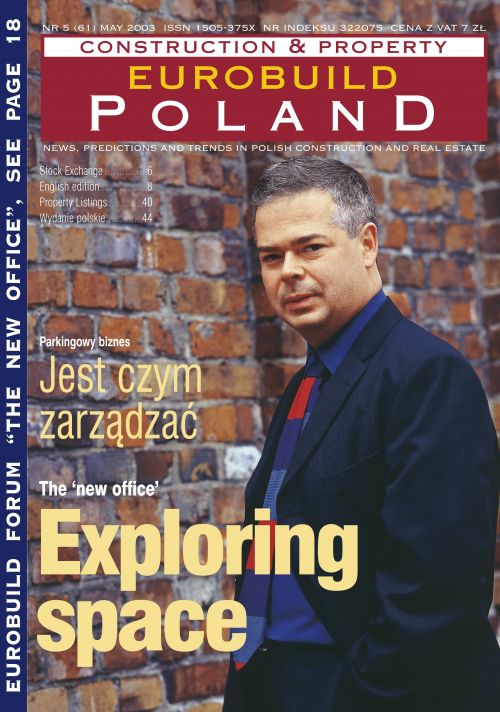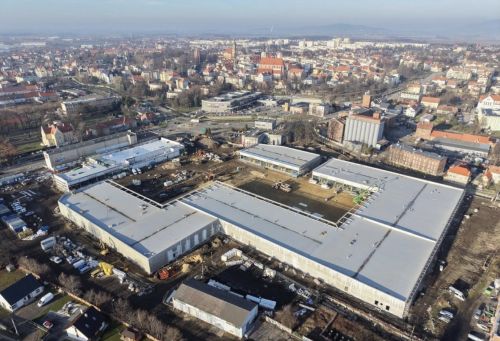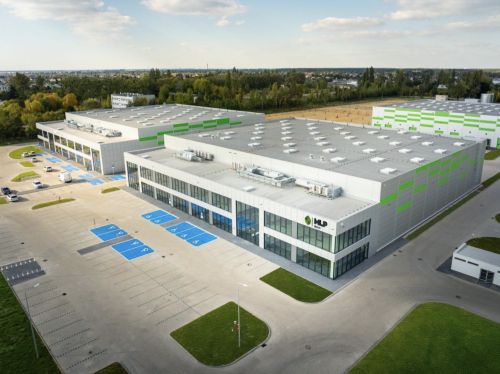Polish firms could play a part in the rebuilding process in
Iraq, acting as subcontractors
and suppliers for American companies. Several hundred companies have already
declared their readiness
to cooperate
The US Senate and House of Representatives have decided to
assign USD 2.5 bln to USAID (the US Agency for International Development), which
will utilize these funds in the reconstruction of Iraqi infrastructure and
re-establishment of public services, schools and hospitals. The general
contractors will come from the USA, but they will be looking to employ
sub-contractors from countries which supported the war against Saddam Hussein.
It is generally believed that around 50 per cent of all contracts are to be made
available to sub-contractors, and Polish companies are likely to find themselves
among that number.
The proposals...
Economic organizations and companies wishing to be involved in the
reconstruction of Iraq may submit their proposals to the Ministry of Econom




























































